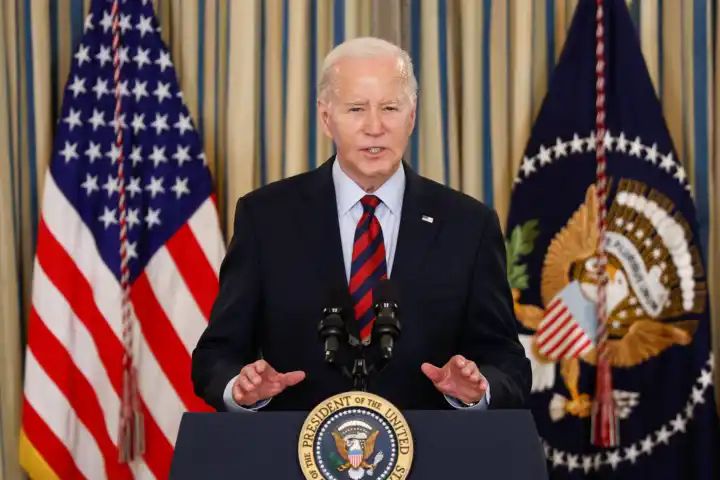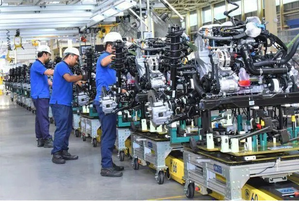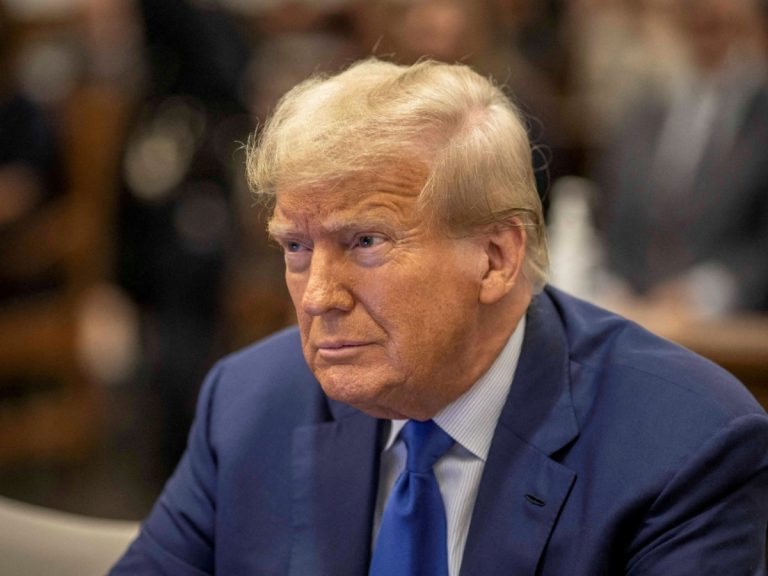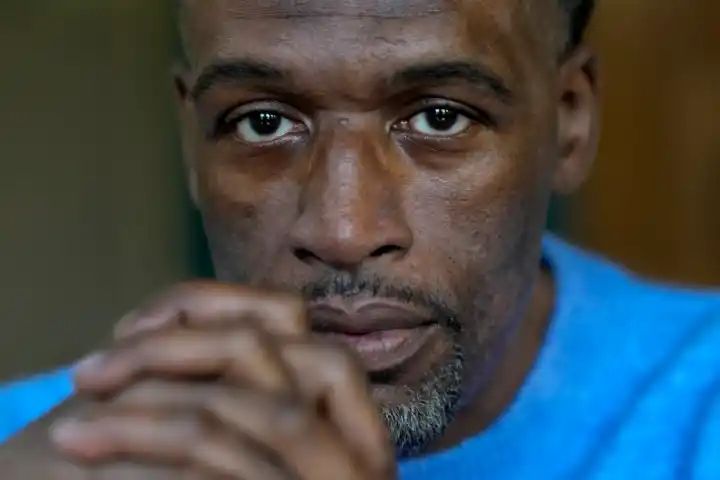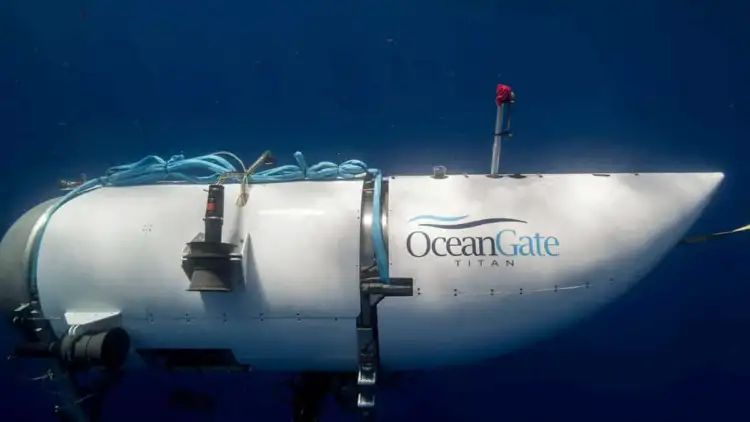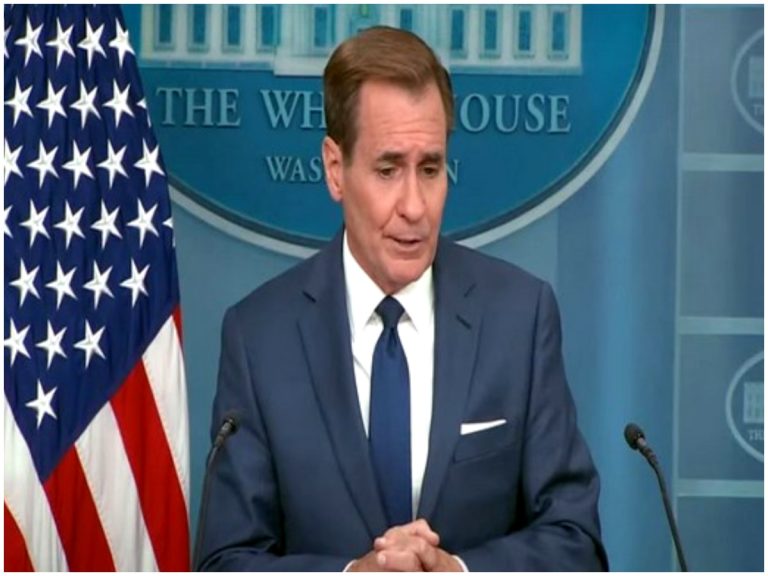After 12 months of review, Fiji to stick with China police deal, says home affairs minister

Fiji home affairs minister Pio Tikoduadua has confirmed that his country will uphold a policing cooperation agreement with China after reviewing the deal, despite earlier concerns within the Pacific nation over the agreement.
According to The Guardian, Tikoduadua said the review had been completed and Fiji would be sticking with Beijing.
In 2011, amid Fiji’s military rule, a contentious agreement was inked. It entailed the training of Fijian officers in China and the integration of Chinese police into the Fijian force. Furthermore, Beijing furnished advanced equipment, such as surveillance gear and drones.
Recently, the pact came under scrutiny following concerns voiced by Fiji’s Prime Minister Sitiveni Rabuka. He highlighted disparities in values and judicial systems between the two nations, prompting a review of the agreement.
“We are now back on the original police agreement (with China]) – that has been restored, we had reviewed it for 12 months,” The Guardian quoted Tikoduadua as saying in an interview.
The agreement facilitates collaboration across various domains such as intelligence sharing, visits, training, and equipment provision. For instance, prior to Fiji’s 2014 election, China supplied vehicles, communication tools, and surveillance equipment.
In the past, Chinese officers have been integrated into the Fiji police force. The minister of home affairs stated that both nations would jointly determine the implementation of the agreement going forward, including personnel exchanges. Presently, there are no Chinese officers integrated into the force.
“There will only be Fijian officers training in China and no embedding of Chinese officers in the Fiji police force now,” Tikoduadua told The Guardian.
Shortly after coming to power in December 2022, Rabuka told local media that he saw “no need” for the police agreement with China to continue.
In June last year, prior to signing a defence agreement with New Zealand to strengthen military ties, Rabuka appeared to soften his position and said the agreement would be reviewed before any decision was made.
“We need to look at that again before we decide on whether we go backward or continue the way we have had in the past: cooperating with those that have similar democratic values and systems of legislation, law enforcement and so on,” Rabuka said at the time.
